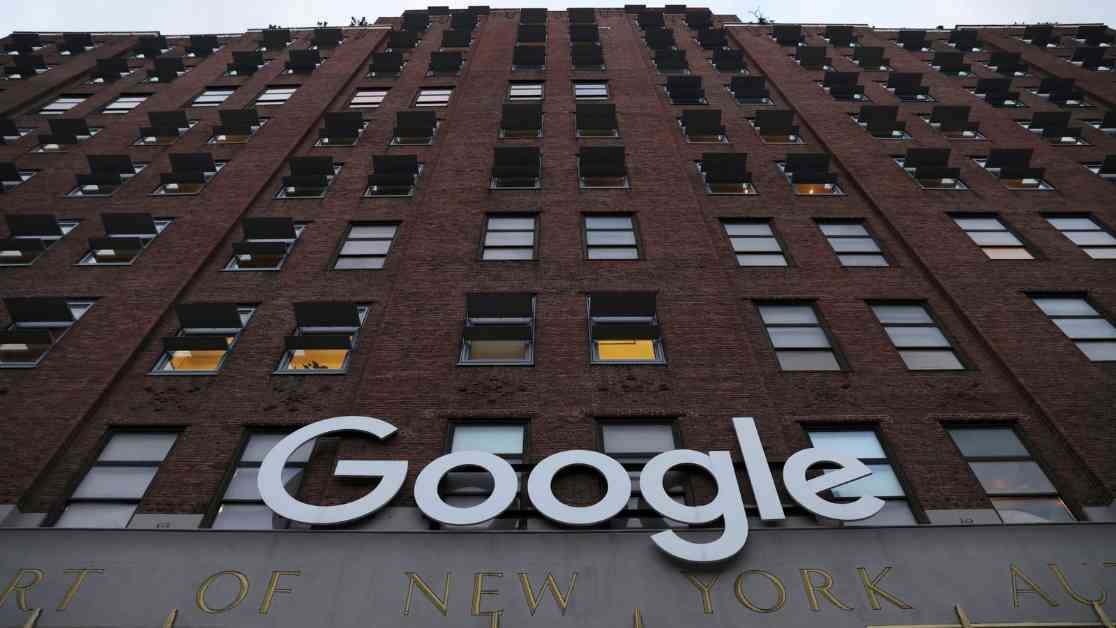US officials are looking into breaking up Google’s monopoly on internet searches, considering the tech giant’s control over its own products. This includes its Chrome browser, Play Store, and Android operating system. After a judge found that Google violated anti-trust laws to maintain its dominance in online searches, officials have proposed measures to end the company’s monopoly. These proposals include restricting Google from paying other tech companies to have its search engine pre-installed or set as the default option on new devices. In 2021 alone, Google paid out over $26 billion to companies like Apple for this practice. A spokesperson from the Justice Department stated that remedying these harms requires not only ending Google’s current control of distribution but also preventing the company from controlling distribution in the future.
Google has responded to these proposals, calling them part of a “long process” and announcing its plans to appeal against the ruling. Lee-Anne Mulholland, Google’s vice president of regulatory affairs, criticized the government’s proposed changes as excessive. She claimed that the radical measures could jeopardize user privacy and security, hinder the development of Google’s artificial intelligence products, and potentially break software like Android.
The US government’s move to address Google’s monopoly follows earlier reports signaling action against the tech giant. Additionally, in a separate case on Monday, a judge ruled that Google must increase competition in its app store by allowing Android apps to be sourced from alternative providers. The court decision came after a legal dispute between Google and Epic Games, the creator of Fortnite, over in-app purchases.
This recent development signifies a growing effort to regulate big tech companies and promote fair competition in the digital marketplace. As Google faces the threat of a breakup and stricter regulations, the future landscape of online searches, mobile devices, and app stores may undergo significant changes. Whether these measures will benefit consumers, protect competition, or stifle innovation remains to be seen as the legal battle between Google and US regulators continues.










